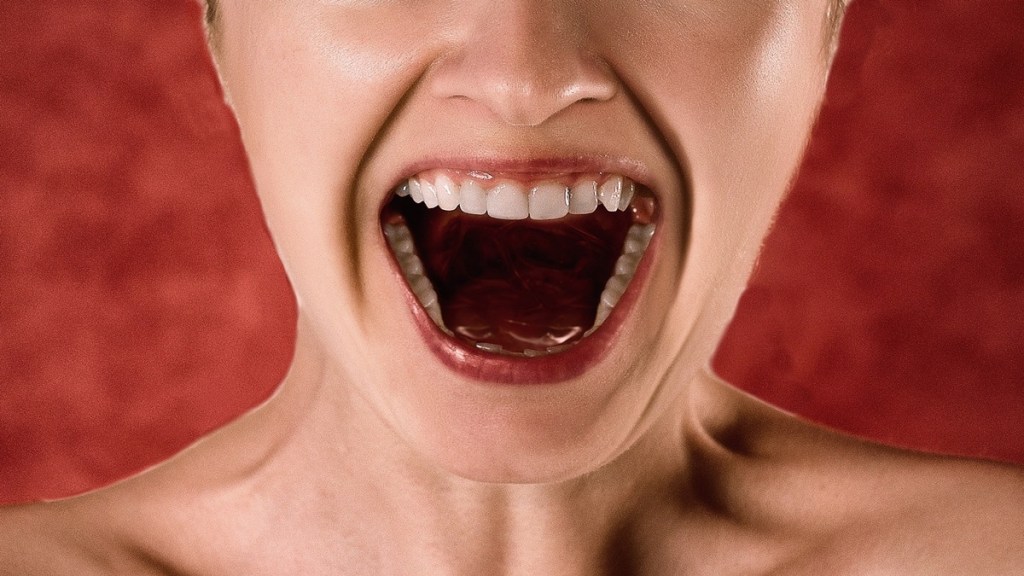By Dr. Soumyadeep Ghosh
Fasting is deemed to be an effective non-medical intervention for fitness and delaying of ageing agenda. Investigations have shown that fasting has potential effects on regeneration and rejuvenation of cells, optimizing lifespan and health span. Light or moderate fasting is a type of incomplete fasting that primarily entails calorie restriction and intermittent fasting. Numerous studies have demonstrated the positive effects of intermittent fasting or a low-calorie diet on the health of the gums and teeth. People typically avoid or consume fewer foods while fasting, which reduces bacterial activity. This enhances oral health by preventing the build-up of plaque on the teeth. The biochemistry of saliva is altered when frequent snacking is avoided, which lowers the level of glucose in the mouth. As a result, tooth decay risk is decreased. Most people rinse their mouths with water while fasting. This works well to rehydrate and balance the pH of the oral mucosa.
By washing away food particles and neutralising harmful acids, saliva plays a crucial part in preserving oral health. Our body makes extra saliva while we fast to make up for the loss of food and liquid intake. The risk of cavities, gum disease, and foul breath can all be decreased by this increase in saliva flow. A build-up of germs and plaque along the gum line results in the inflammatory illness known as gum disease. The National Library of Medicine states that intermittent fasting reduces inflammatory responses in the body. This reduction in inflammation may aid in the prevention of gum disease and the improvement of general oral health. It has been demonstrated that fasting increases the creation of white blood cells, which helps our immune system perform better. This improvement in immunity can help to ward off oral infections, gum disease, and tooth decay. Fasting triggers, the natural cellular repair and regeneration process known as autophagy. Gum tissue and tooth enamel that have been injured in the mouth can be healed with this procedure. Fasting can also encourage the development of new neurons and blood vessels, which can aid to enhance overall dental health.
Miswak usage while fasting has also been encouraged. Miswak is naturally rich in silica, vitamin C, tannins, and essential oils, all of which assist to lessen gum inflammation, clear plaque, and improve dental health. Long-term fasting can prevent cavities by balancing the saliva’s pH, which becomes acidic from sugar consumption. To achieve the maximum dental benefits of intermittent fasting, one should remember to brush their teeth and gurgle.
According to research by National Center for Biotechnology Information (NCBI),[1] as a primary preventative method for managing chronic inflammatory conditions, including periodontal diseases, calorie restriction and intermittent fasting can play an important role.
Fasting reduces the tooth decay in the following ways:
- Reduced bacterial attacks: Certain additives like sugar in foods and drinks you regularly consume throughout a day feed bacterium to thrive in your mouth. When you eat less and abstain from foods for long hours, the harmful oral bacteria do not get agents to boost. It means you are preventing the growth of oral microbes so that cavities do not occur.
- Modulate the pH of saliva: Saliva has multiple functionalities like moistening our mouths, killing harmful bacteria, neutralizing the acidic environment inside the mouth, etc. It implies that there will be less acidic levels in your mouth when you eat less. Additionally, you should increase your water intake when dieting. It assists in balancing and controlling the pH of the saliva. As a result, you are less likely to experience dental issues like cavities caused by acidic saliva, bad breath, dry mouth, and oral dryness.
- Controlling the Human Microbiome: Human microbiomes are generally composed of an equal number of helpful and harmful microorganisms. There is an imbalance in the microbiome whenever there is more calorie intake than the body burns. In such cases, our immune and digestive systems will be affected and will pave the way for bacteria overgrowth. It would cause diabetes, gum diseases, etc. Imbalance in the ecosystem of bacteria can be prevented when your body is acclimated to the same ratio of feeding and fasting.
However, it is crucial to understand that relying upon fasting is not the only method to maintain good oral health. Regular brushing, flossing, and dental check-ups are necessary to keep your teeth and gums healthy. Additionally, if you have any dental problems, it is important to seek treatment from a dentist rather than relying solely on fasting.
(The author is a Senior Lecturer, Department of Conservative Dentistry & Endodontics, Manipal College of Pharmaceutical Sciences, Manipal Academy of Higher Education, Manipal. The article is for informational purposes only. Please consult medical experts and health professionals before starting any therapy, medication and/or remedy. Views expressed are personal and do not reflect the official position or policy of the FinancialExpress.com.)

























